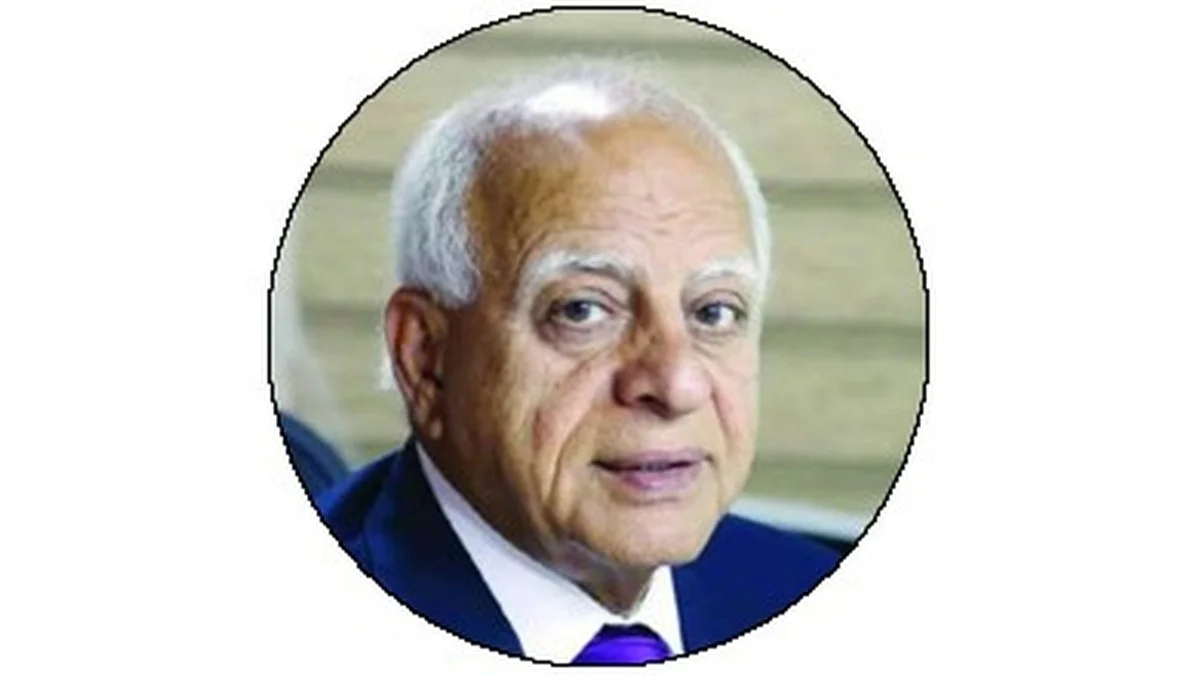05/10/2025
05/10/2025
Now and then, some people, including myself, share old photographs from just over a century ago, showing the inhabitants of the Arabian Peninsula in worn-out clothes, with long hair, barefoot, and carrying rifles from the World War I era, along with swords and daggers. Some of these photos also include individuals affiliated with regional governments who, following the discovery of oil, became millionaires.
Unfortunately, these images are often accompanied by inappropriate comments, such as claims that they refused to deposit money in banks because the banks closed at certain hours or didn’t open on weekends and holidays. Whoever shares such images may not realize that all the people of the world, without exception, have passed through similar stages. Their ancestors wore rags and would have looked much like the inhabitants of the Arabian desert, had they lived in the same conditions.
This is the story of all humankind, and there is nothing shameful about it. The motive behind sharing or publishing these photos, which are amusing to some, offensive to others, is often to mock the people of the desert, usually out of envy for the dramatic transformation in their lives. But those who do so fail to understand that it is not about how people look, but about the passage of time.
Someone who happens to drink cold water than others is not necessarily better, more honorable, more advanced, or more cultured than they. What truly matters is how the story ends. More than 60 or 70 years ago, countries like Syria, Iraq, and Egypt were flourishing. They were paradises that were rich with shade, fruit trees, rivers, and vibrant social life.
In contrast, the Arabian Peninsula at the time was marked by silence, drought, and some of the harshest living conditions on earth. So what can be said about those who, by choice, lived not in the green lands but in the vast, unforgiving desert? In Kuwait, we often turned our backs to the south, looking north, and saying, “How beautiful Basra is.” Those who went there, escaping the harsh environment, felt as if they had found a slice of paradise. Traveling to Baghdad, Syria, Jordan, the Palestinian cities, Egypt, and Lebanon was a dream for many in the region.
The hospitals, schools, and universities of Egypt, Lebanon, and Iraq were destinations for the wealthy. Then, after World War II, oil was discovered in the peninsula, just as it had been earlier in Iraq, and later in Libya and Egypt. The people of the Gulf left their mud houses behind, began wearing luxurious clothing, living in spacious homes, and enjoying delicious food. Over time, their lifestyle grew closer to that of the people of Egypt, Iraq, and the Levant. Over time, they reached a point of near parity with them.
Then, the situation took a dramatic turn, as coups, corrupt and ignorant military regimes, along with the efforts and conspiracies of Israel, devastated their governments, leading to the deterioration of almost all aspects of their societies. Meanwhile, the Gulf states, once desert countries, with their just governments, have become destinations for tourism and entertainment, and favored places for family vacations. They now offer Westerners, especially Europeans, what they seek, which are the four S’s - Sea, Sun, Sand, and Security. This has become essential for everyone in the world of tourism.
The region has also become a hub for education and medical treatment. I know Arab friends, both Egyptians and Iraqis, who have chosen to send their children to Gulf universities because of the advantages they offer in terms of safety, geographical proximity, continually improving educational standards, academic recognition, and reasonable costs compared to other countries, even their own. Their hospitals have also become increasingly attractive to those seeking specialized treatment, as top doctors have opened clinics there, and prestigious international hospitals and universities have established branches. Some of their airports have become extensions of the United States, with travelers’ passports stamped with an “Entry to the US” stamp even while in Doha, for example.
In conclusion, what matters is not the conditions that people once lived under, but the outcome. What the governments of the region have provided for their people is the true measure, not the old black-and-white family photos in a vintage album.
By Ahmad alsarraf
email: [email protected]
email: [email protected]



